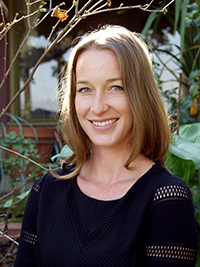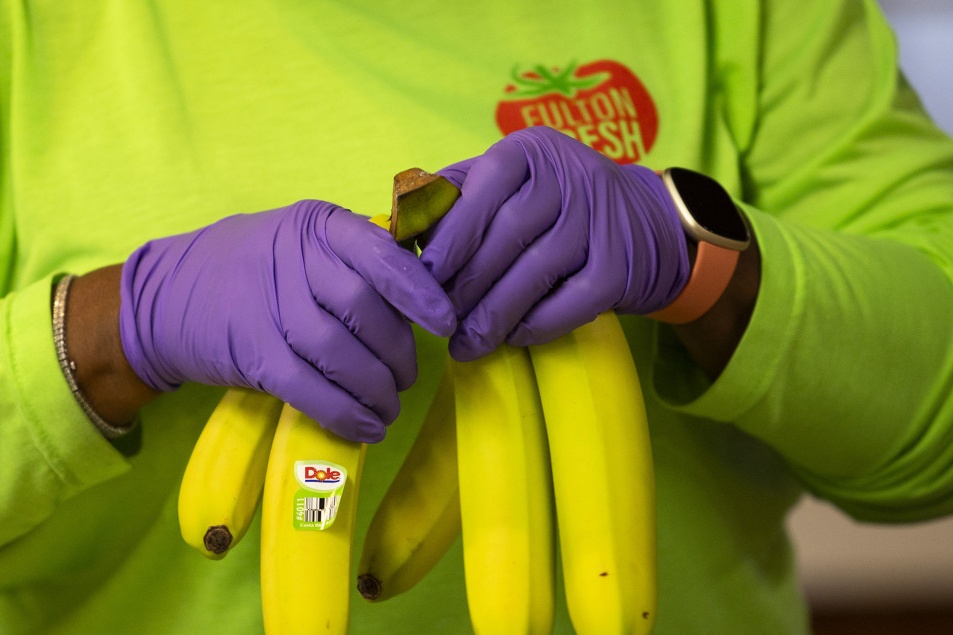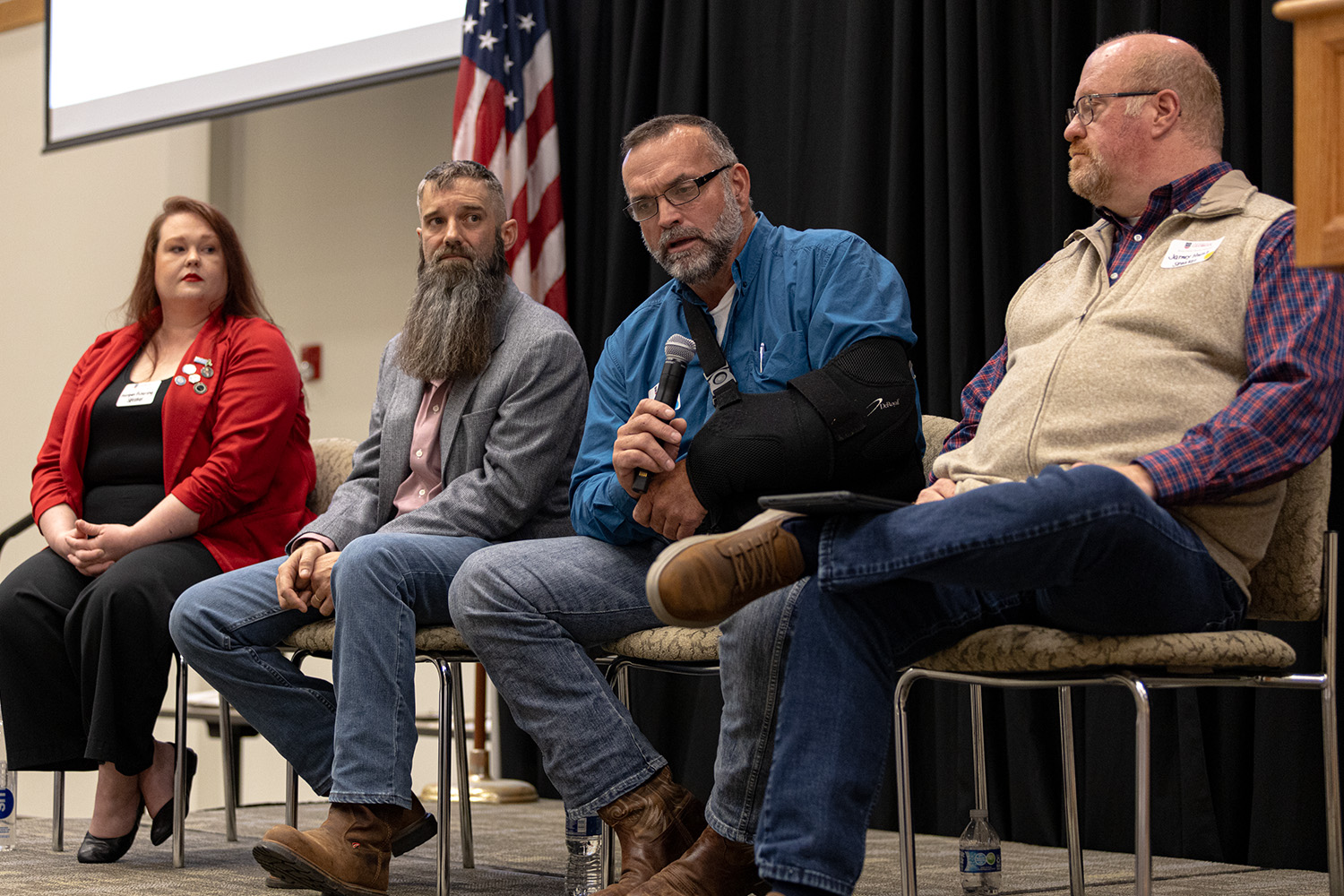Jessica Marter-Kenyon has joined the Peanut Innovation Lab management team as an advisor on gender-related issues. Dr. Marter-Kenyon, who has lived and worked in Rwanda for four years, recently completed a doctoral degree from the University of California at Santa Barbara in geography. Her research focused on the use of population resettlement as an adaptation to climate change.
As a postdoctoral research associate with the innovation lab, Marter-Kenyon holds a joint appointment with the Department of Agricultural Leadership, Education and Communication at the University of Georgia’s College of Agricultural and Environmental Sciences.
In addition to her experience in research and teaching, Marter-Kenyon worked from 2006 to 2012 with different groups on cook-stove technology in developing countries.
The following Q&A with Marter-Kenyon provides more insight into her expertise.
How does cooking dovetail with your interests in climate change?
Half the world’s population – mostly in the developing world – relies on the combustion of biomass like wood or charcoal as their primary source of energy for cooking, heating and light. The burning of biomass produces greenhouse gases, like methane and nitrogen dioxide, that are major contributors to anthropogenic climate change.
The work I did during this early part of my career involved understanding how improved cookstoves, which burn biomass more efficiently, could reduce the contribution of household cooking to global environmental change. So that was initially how I started getting interested in climate issues.
I also became fascinated with the linkages between human beings and the natural environment across scales and places: how a child gathering fuelwood in Uganda, or a woman preparing her family’s daily meal in Guatemala, can become linked to global carbon markets or to policy decisions at the United Nations Framework Convention on Climate Change (UNFCCC).
Why is gender an important factor when we consider agriculture in a global context?
Agriculture everywhere involves both men and women, but a lot of people don’t realize that the specific character of a person’s participation is often tied to their gender.
So, for example, women might be more likely to provide the labor associated with weeding a field or selling food at the market. Women are also typically held responsible for reproductive labor at the level of the household (providing childcare, cooking, cleaning, etc.) which needs to be taken into account when planning interventions.
Understanding the gendered dimensions of agriculture at all levels of the value chain is crucial for driving progress towards food security and poverty alleviation. At the same time, as a geographer, I’m sensitive to the place-specific nature of these issues. Since gender is socially constructed, its meaning varies between cultures: an investment that works in one place can produce unhelpful outcomes elsewhere so we have to pay attention to the complex ways in which gender interacts with food systems.
What have you learned so far about peanuts and their role in the African diet?
I had no idea that aflatoxin was such a big issue in peanut production (as well as in other crops), nor about its impact on health and nutrition. I’ve also been impressed to learn how critical a crop peanut is in places that suffer from aridity and/or frequent drought.
Peanuts grow well in those environments and can be transformed into a whole bunch of different food products (sauces, snacks, soups, etc.) so it’s a really valuable source of protein and iron in those contexts.







